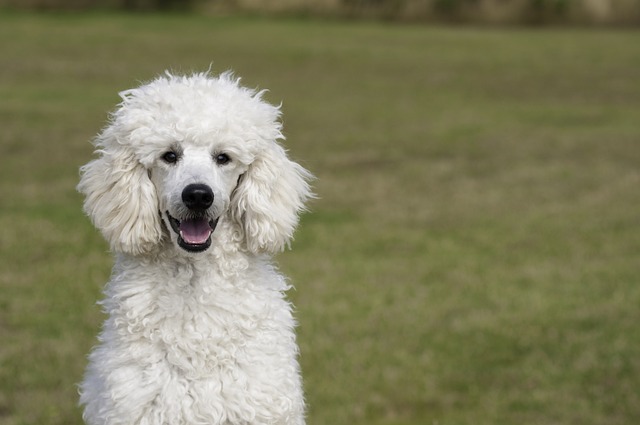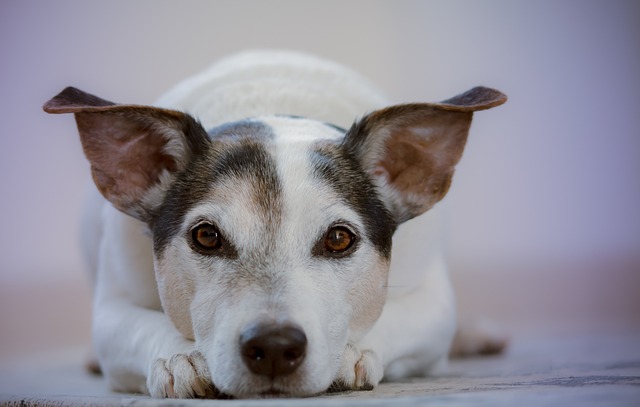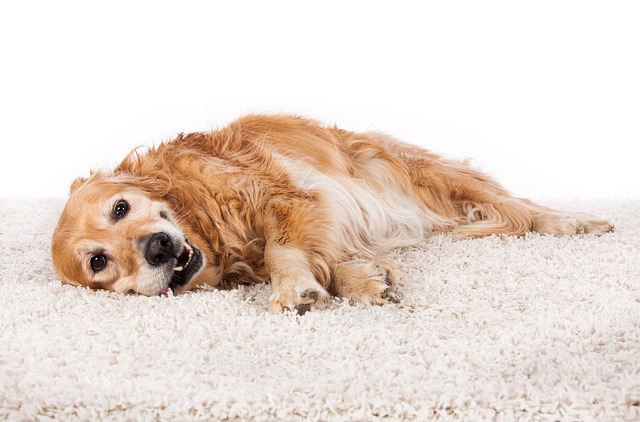You were so proud—your puppy was finally ringing the bell on the door to go outside! But this week, it’s like you’ve gone back in time, with accidents suddenly happening on the rug. Before you get discouraged, know that this is a very common frustration. Puppy potty training regression isn't a sign of a "bad" or "spiteful" dog; it's a signal that something is out of balance. The causes usually fall into two categories: medical or behavioral. On the medical side, issues like a urinary tract infection (UTI), intestinal parasites, or even a change in diet can make it physically difficult or painful for your pup to hold it. Behaviorally, the most common culprit is stress. A sudden change in routine, a scary noise like fireworks, the arrival of a new family member (human or animal), or even moving to a new home can trigger anxiety that manifests in accidents. Sometimes, it’s simply a case of adolescence; as your puppy grows, they test boundaries and get easily distracted, seemingly "forgetting" their training.
Your first move should always be a visit to the veterinarian. This is a non-negotiable step in responsible pet ownership. Your vet can rule out those painful medical issues and provide peace of mind. While you’re there, it’s a perfect time to ensure your puppy’s vaccination schedule, including the legally required rabies shot, is up-to-date. Once you have a clean bill of health, it’s time to hit the reset button on training. Go back to the very basics: treat your puppy like they’re 8 weeks old again. This means frequent, leashed trips outside to the same spot, lavish praise and high-value treats immediately after they eliminate, and using a crate or a penned-off area when you can’t actively supervise. This process requires immense patience and a commitment to positive reinforcement. Any form of punishment, like rubbing their nose in an accident or yelling, is not only culturally frowned upon and potentially illegal under animal cruelty statutes, but it will also severely damage your bond and increase your puppy’s anxiety, making the problem much worse.

This mindful approach is especially critical in community living. In an apartment, accidents can lead to lingering odors that bother neighbors and damage deposits. Being a conscientious neighbor means cleaning up indoor accidents thoroughly with an enzymatic cleaner to completely remove the scent and prevent re-soiling. And of course, during those countless outdoor potty trips, you must always have a ready supply of bags. Scooping your puppy’s waste in shared green spaces or on sidewalks isn’t just good manners; it’s the law in most American cities and a fundamental part of being a respectful community member. A stressed puppy might also whine or bark more, so addressing the root cause of their regression helps maintain everyone’s peace.
Understanding why your puppy is regressing is the key to fixing it. By responding with compassion, veterinary care, and a return to foundational training, you’re not just solving a housetraining hiccup—you’re building a stronger, more trusting relationship with your growing dog.






